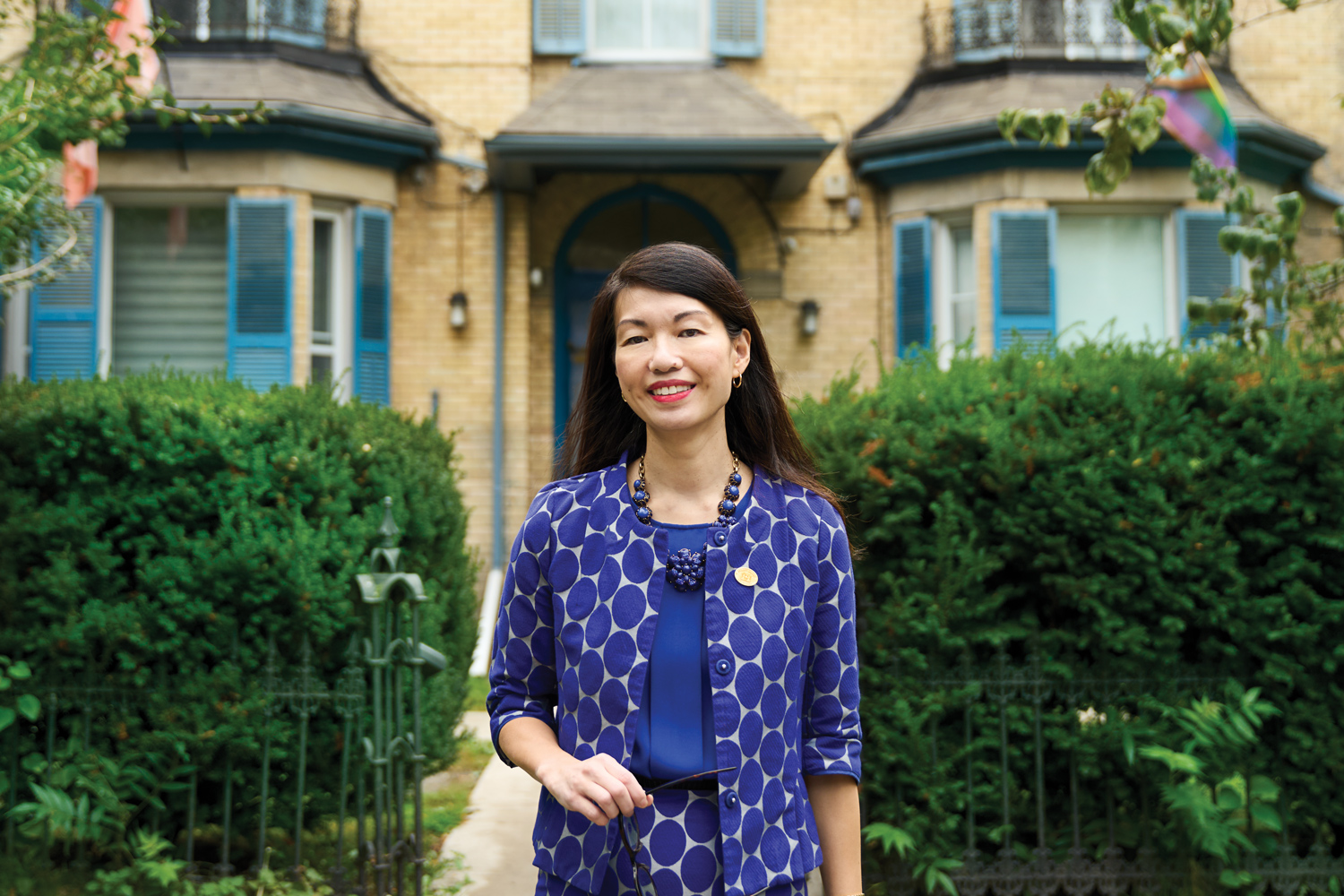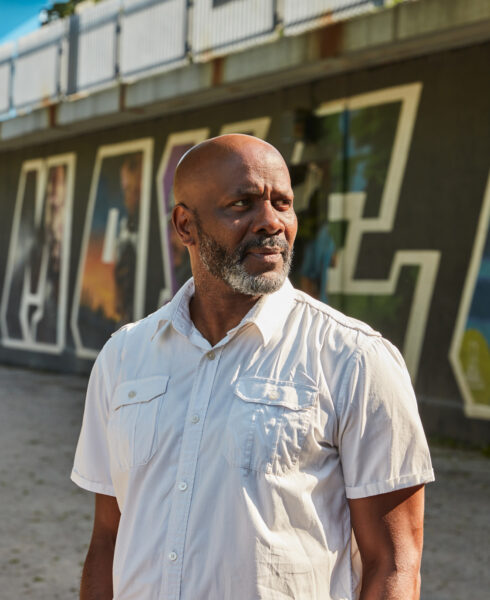Siu Mee Cheng always knew that she was a feminist. And she always assumed that society, collectively, was advancing women’s rights. In 2022, when she became executive director of the Toronto-based charity Street Haven, she realized that wasn’t the case. Government funding and policy had fallen far behind on meeting women’s needs.
“As a society, I think we have this general sense that all is good on the women’s front,” says Cheng (PhD Policy Studies ’22). “All is not good. We did a lot of work in the ’60s and ’70s to raise awareness around women’s equality, but that fight is not finished. In fact, the gap is widening even more.”
The agency, founded in 1965 by an ER nurse, supports women in some of Toronto’s most at-risk neighbourhoods. It provides shelter, supportive housing, mental health and addictions services, and training and employment assistance.
Cheng's advocacy work
As executive director, Cheng is overseeing the creation of a centralized campus in Toronto’s downtown east for all of the charity’s health and social services. “We want to create a pathway on this campus for women to move from homelessness through to housing and income security,” she says.
Cheng also meets with government and organizations that advocate for women-specific policy and funding for affordable and supportive housing, something she says is seriously lacking. She was shocked, for instance, when she found out Toronto had built 14,008 units in December 2022 and only 169 were dedicated to women. “That’s really a shameful statement of where investment and the public policy space has been on women’s issues,” she says.
Cheng has heard similar stories from other women’s organizations in the province. She founded the Ontario Women’s Coalition of Shelter and Supportive Housing Providers to unite these groups.
In October 2023, she received a Canada’s Most Powerful Women Top 100 Award from the Women’s Executive Network. She was recognized for “her exceptional leadership in revolutionizing affordable housing and social services for women in Toronto.”
Even early in her career, before attending TMU and then joining Street Haven, Cheng felt committed to advocate for social justice. “I’ve always had that sense that there’s a level of unfairness for the underdog and a need to right something that seems fundamentally wrong.”





